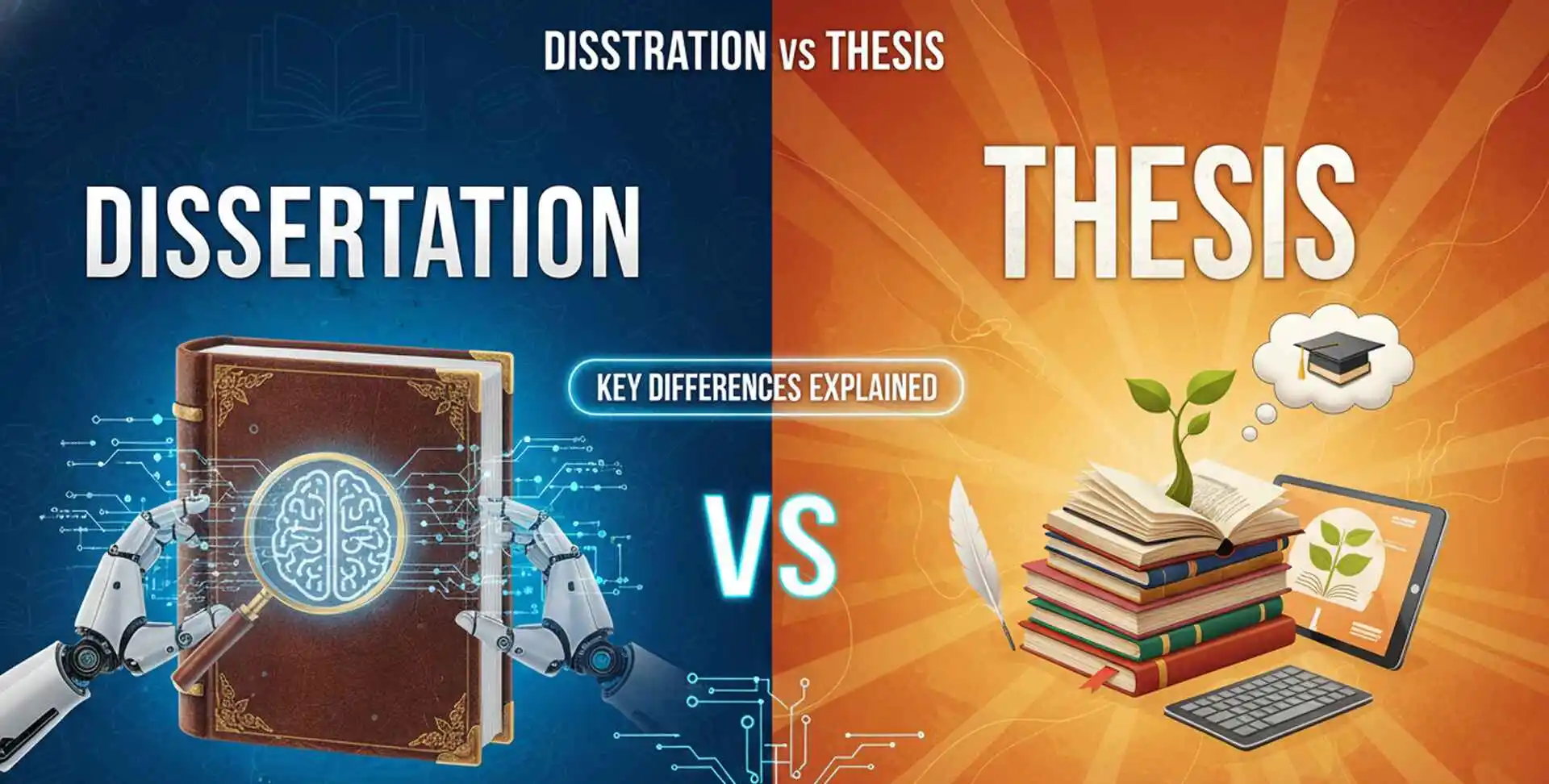
Esther F
As a graduate or doctoral student, you will often encounter a variety of challenging coursework and assignments. Are you unsure whether you need to write a thesis or a dissertation? This is a common question that occurs for many students.
While both thesis and dissertation are the major academic milestones, they differ in purpose, scope and timing within your educational journey. However, writing a thesis generally involves exploring a topic and demonstrating the understanding of existing research, while a dissertation requires original research that contributes to new knowledge in your field.
In this blog, we will explain both the terms, their difference and how to approach each term throughout your research journey.
A thesis is a formal academic document that presents the author’s research, further analysis, and provides findings on a specific topic, demonstrating mastery of existing knowledge.
For a master’s degree, a thesis involves critically analysing previous studies, exploring a chosen topic in depth, and presenting coherent arguments based on existing research.
At the PhD level, a thesis expands into more comprehensive research, integrating theoretical frameworks and advanced analysis, but still primarily focuses on evaluating existing knowledge rather than creating new findings.
A dissertation is an extensive academic document presenting original research, analysis, and findings, aiming to contribute new knowledge or insights to a specific field of study.
For a master’s degree, a dissertation usually involves conducting some original research, building on existing studies, and demonstrating the student’s ability to analyse and synthesise information.
At the PhD level, a dissertation requires extensive original research, offering significant contributions to the discipline, showcasing the candidate’s expertise and capacity for independent scholarly work.
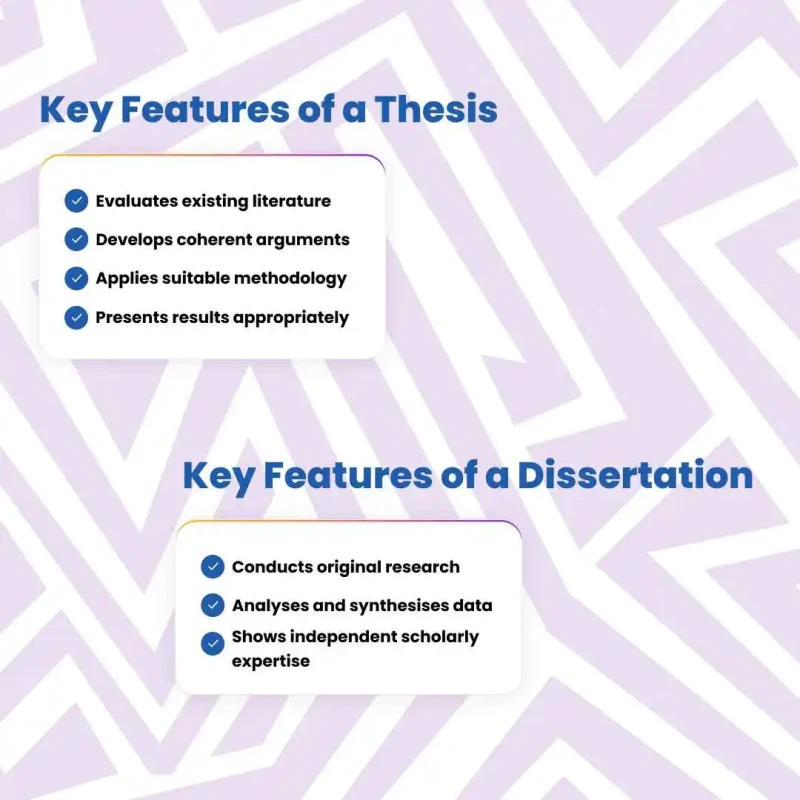
A thesis is focused on demonstrating the student's understanding of existing research and their ability to critically analyse information. This involves exploring a topic in depth, synthesising prior studies and presenting new findings in a clear and structured manner.
Key Features of A Thesis:
Evaluates and interprets existing literature
Develops coherent arguments based on prior studies
Applies suitable research methodology to analyse given data.
Presents results according to institutional guidelines
In a PhD program, a thesis may incorporate advanced theoretical frameworks, detailed analysis, and extensive research; however, it typically does not focus on generating new knowledge.
A dissertation emphasises original research and a contribution to new knowledge within a discipline. It requires independent investigation, collection of new data and analysis that extends existing scholarship.
Key features of a Dissertation
Conduct original research such as surveys, experiments or case studies.
Analyses and synthesises information to generate new insights.
Demonstrates the students' ability for independent scholarly work and expertise.
In a PhD program, a dissertation is expected to make a significant contribution to the field, demonstrating scholarly originality, methodological rigor, and complex research outcomes.
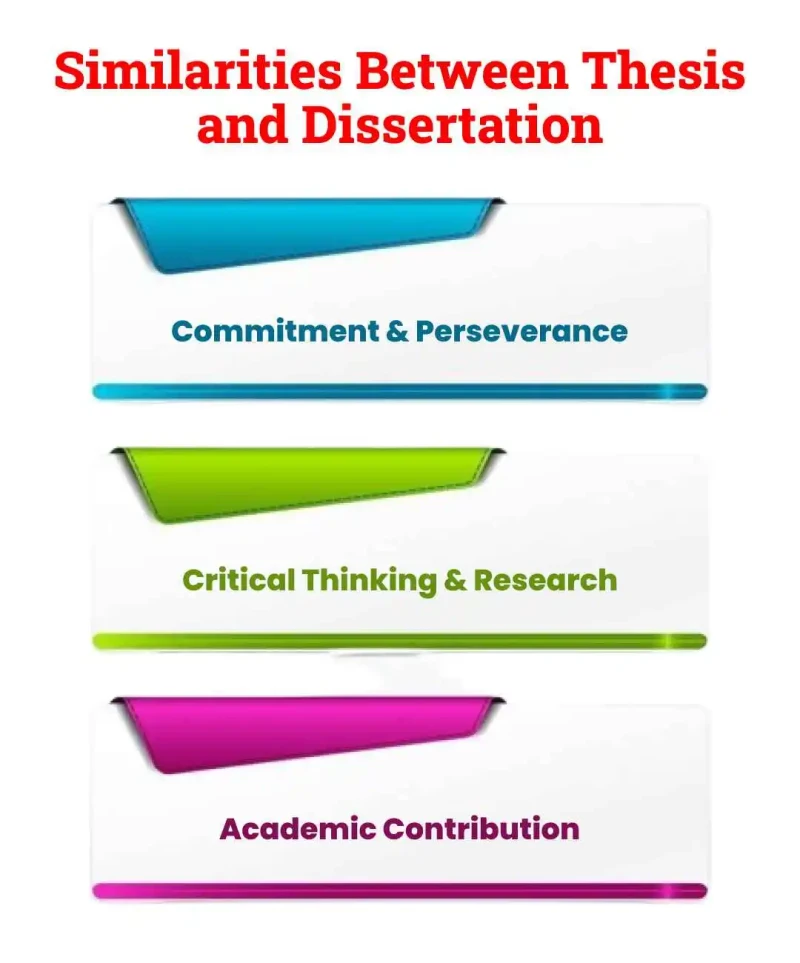
Although a thesis and a dissertation are distinct in scope and purpose, they possess several core qualities that indicate their status in academic development. A thesis and dissertation demand commitment, perseverance, and sophisticated scholarly abilities. It is an indication of the student's capacity to think critically, perform formal research and present new information in a readable academic format. Both eventually serve as proof of intellectual contribution and academic maturity.
Both demand extensive research and critical analysis of the literature.
Both adopt the formal academic layout and writing format
Both thesis writing and dissertation conclude with a defence and a viva voce test.
Both thesis and dissertation possess academic quality and contribution to scholarship.
|
Feature |
Thesis |
Dissertation |
|
Academic Level |
Master’s or PhD (focus on understanding existing knowledge) |
Master’s or PhD (focus on original contribution) |
|
Purpose |
Demonstrate comprehension and critical evaluation of prior research |
Generate new knowledge or insights |
|
Length |
Typically 50–100 pages (Master’s), longer for PhDwhich is 100-150 pages |
Typically 100–150 pages (Master’s), longer for PhD, which is 100-300 pages |
|
Research Approach |
Analysing and synthesising existing studies |
Conducting original research and generating new data |
|
Difference in Structure |
Introduction, literature review, methodology, analysis, and conclusion, following the institution’s standard thesis format. |
Introduction, literature review, methodology, original research findings, discussion, conclusion |
|
Viva Voce / Presentation |
Focused on defending the understanding of research |
Focused on defending originality, methodology, and contribution |
|
Evaluation Criteria |
Critical thinking, analytical depth, clarity, comprehension |
Originality, independent research ability, analytical rigour, and contribution to the field |
|
Regional Differences |
Common in Europe for master’s, but in the US, they may use “thesis” for undergraduate work. |
Common globally at the PhD level; In the US, they use “dissertation” for doctoral research |
Deciding between a thesis or dissertation means choosing the type of academic research, which you will undertake as part of your degree. A thesis usually focuses on analysing existing research and showing that you can interpret, evaluate, and apply knowledge in your chosen field. A dissertation, on the other hand, goes a step further by requiring you to conduct original research that adds new insights or knowledge to your discipline.
The decision is not just about terminology; it depends on your academic level, which is a Master's or PhD, research goals, and career aspirations.
For example: Students who aim for academic or research-based careers may prefer dissertation, while those focusing on professional application of knowledge may lean toward a thesis.
If you are unsure which path to choose, consult experts, PhD scholars, or professionals for clarification.
Deciding on how to proceed with your research gets even easier with professional help. Professional academic consultants and dissertation writing services provide individualized assistance by assessing your strengths, goals, and research background and assisting you in determining the approach that will make your impact greatest.
Experts also provide practical advice on selecting and refining research topics. By exploring curated thesis themes, they guide you toward subjects that match your interests and hold strong academic significance, ensuring your work makes a meaningful contribution to your field.
With this type of individualized advice, students can proceed with confidence in the knowledge that their selected research path is suitably aligned to their abilities and goals, and that their project will be both rigorously academic and impactful.
A thesis and a dissertation might appear similar at first, but they seem to differ in many ways. A thesis tends to be more about analysing what is already out there and proving mastery of a topic. In contrast, a dissertation is all about original research, which brings new knowledge to the scholarly world.
It is important to understand these differences, because it makes the research work along their career goals, academic level and ultimate aspirations. Making the right choice ensures that your efforts have a significant professional and scholarly impact.
In case you require professional help for your thesis or dissertation, get in touch with us right away. Our group is a trustworthy provider of scholarly support, which will enable you to reach academic excellence with full confidence.

How to Present a Paper in a Conference – A Complete Academic Guide
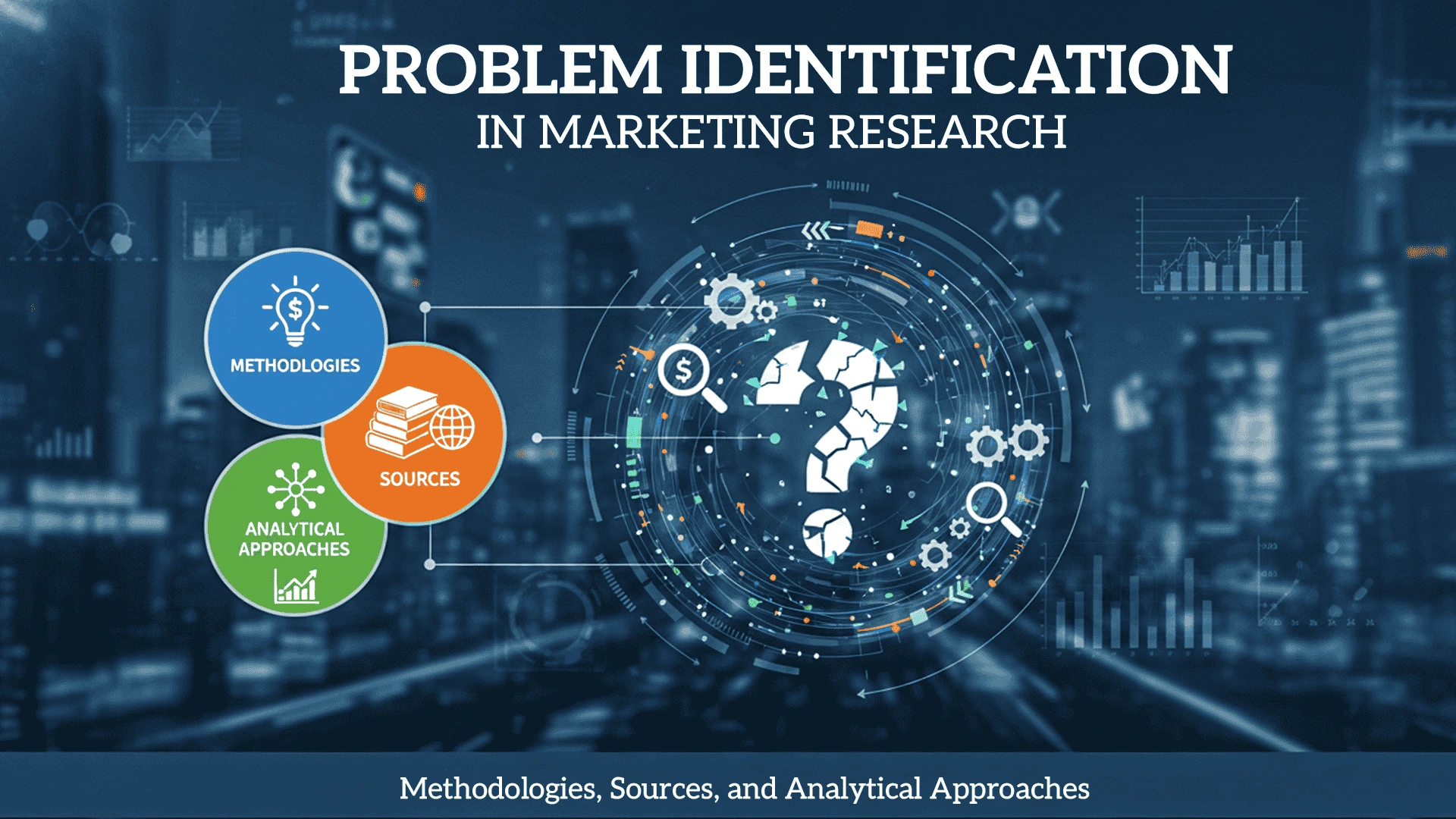
Problem Identification in Marketing Research: Methodologies, Sources, and Analytical Approaches
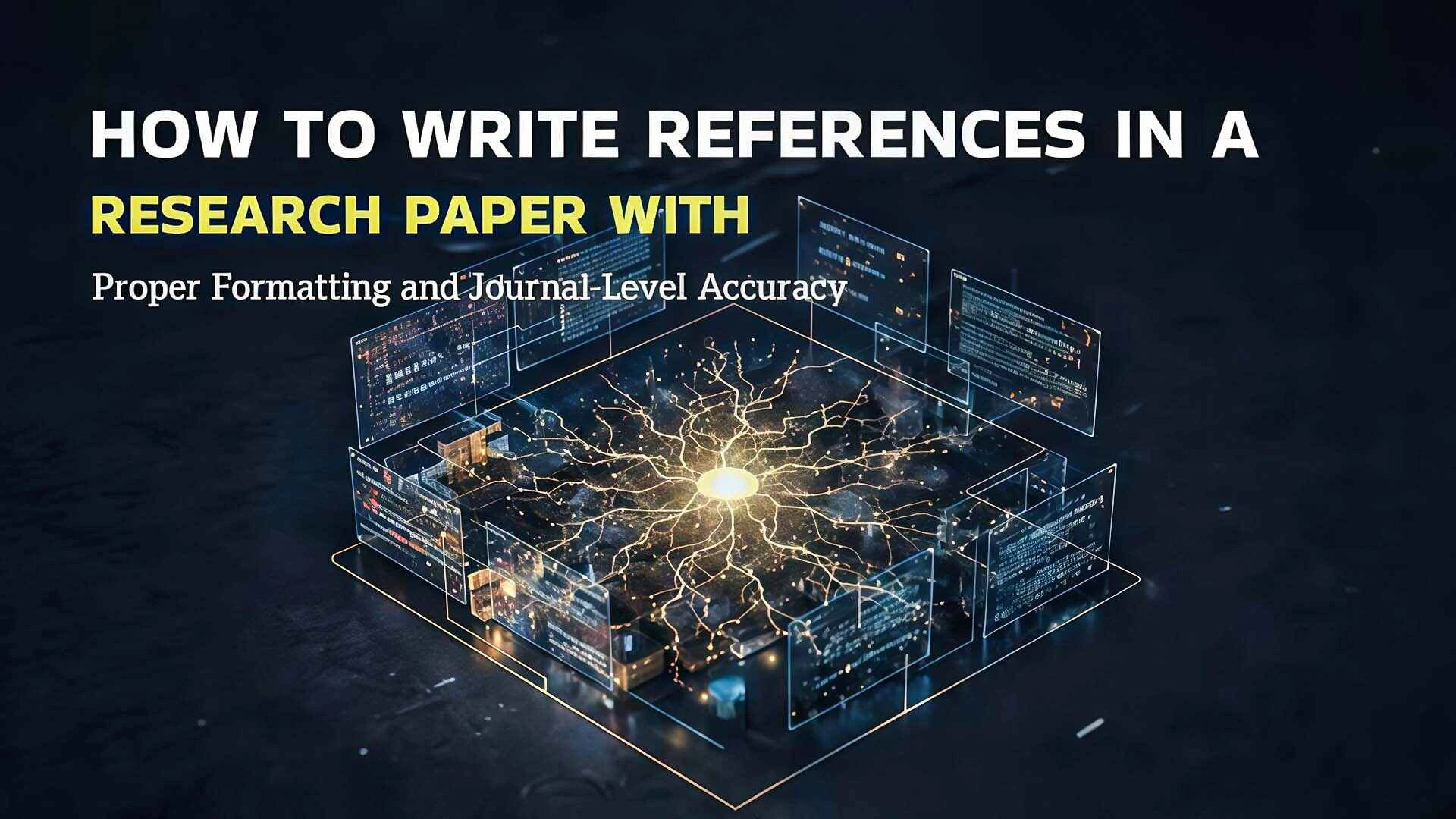
How to Write References in a Research Paper with Proper Formatting and Journal-Level Accuracy
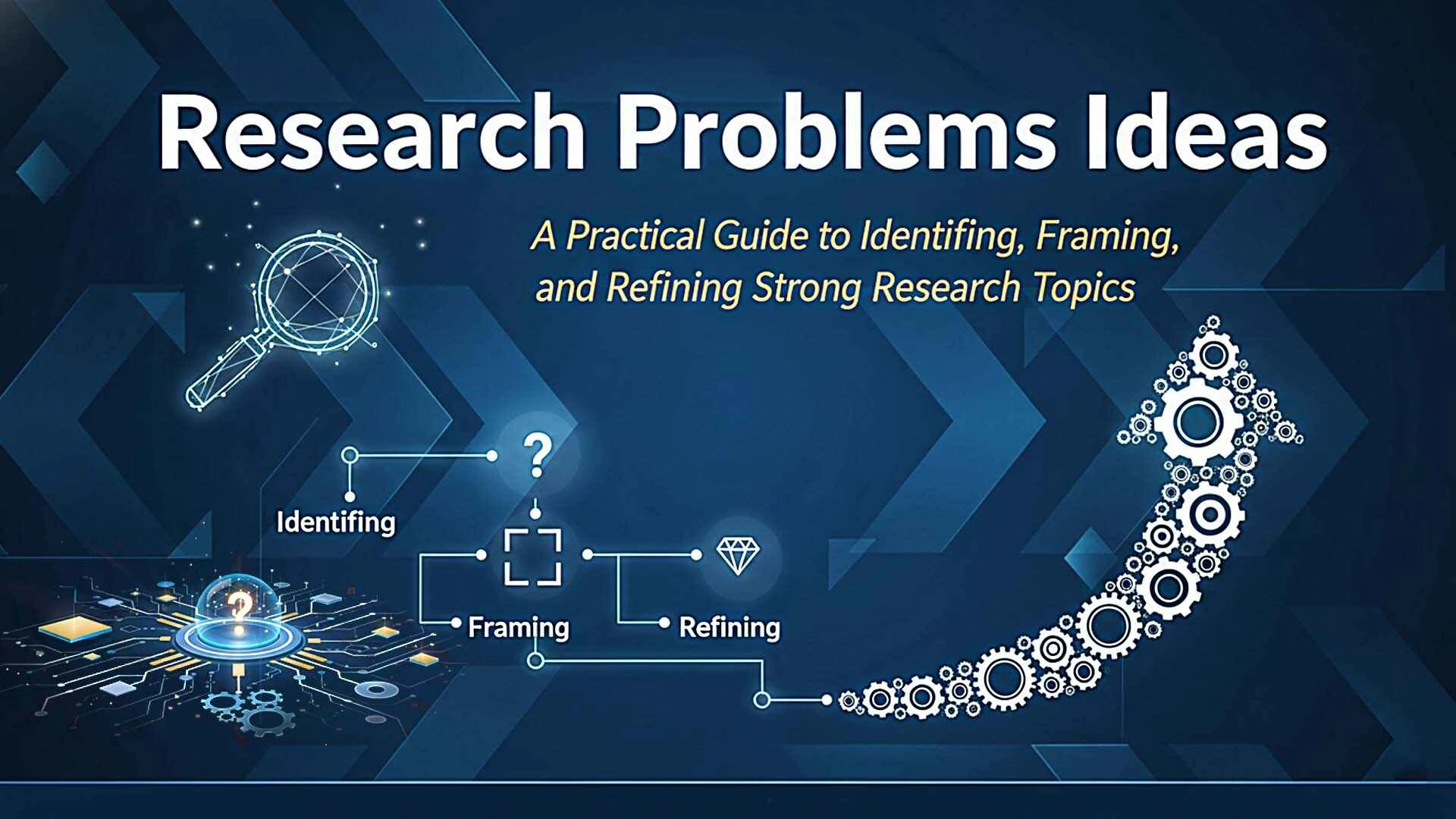
Research Problems Ideas – A Practical Guide to Identifying, Framing, and Refining Strong Research Topics
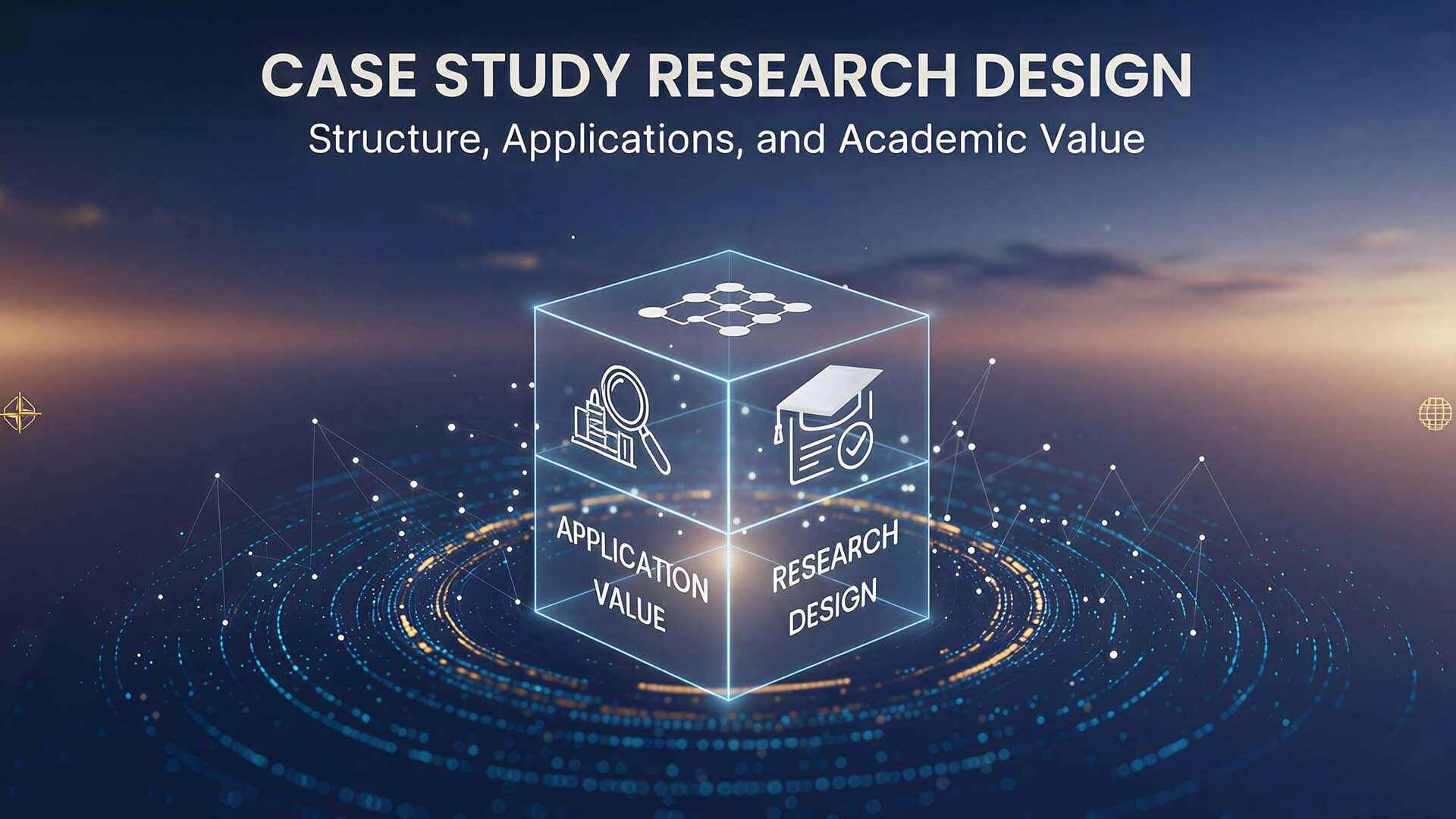
Case Study Research Design: Structure, Applications, and Academic Value